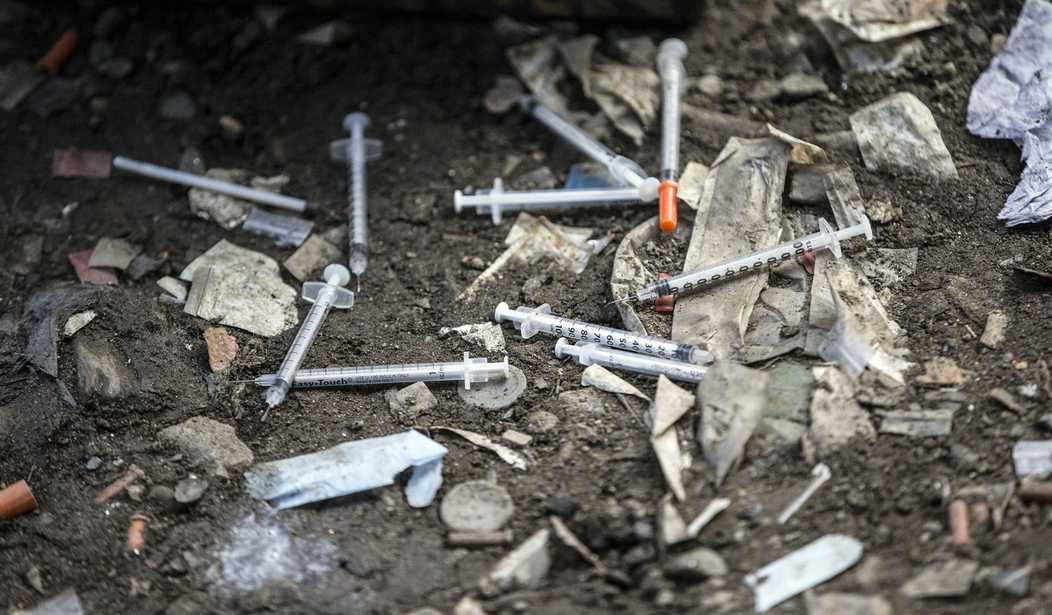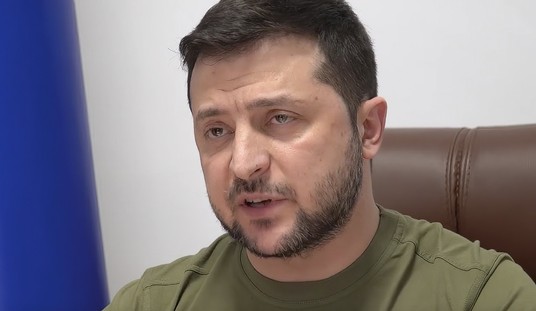A majority of residents in the blue state of Oregon have had enough with the results of a 2020 ballot initiative that decriminalized hard drugs.
When 1,000 registered Oregon voters were asked in a recent Emerson College survey if they believed in a full repeal or leaving Measure 110 as is, 56 percent preferred a full repeal. When given a partial repeal option that would reinstitute penalties for drug possession vs. leaving the law intact, 64 percent chose the former.
The Drug Addiction Treatment and Recovery Act, which passed with 58.8 percent of the vote in November of 2020, decriminalized small amounts of street drugs such as heroin and methamphetamines and channeled hundreds of millions into treatment options. The results have not been in line with how the measure was sold to the public, however.
Advocates promised a new, progressive approach to addressing drug addiction, saying that people with substance-abuse disorders “need adequate access to recovery services, peer support and stable housing.” And, advocates said, drug addicts need treatment “through a humane, cost-effective, health approach,” not to be treated like criminals.
Once passed, user amounts of hard street drugs were decriminalized, and “harm reduction” efforts — helping addicts to use drugs more safely — were prioritized. People caught with small amounts of drugs started receiving citations, like a parking ticket, and a $100 fine, which can be dismissed if the offender calls a treatment referral hotline and completes an assessment. Money from the state’s marijuana tax was going to be redirected to recovery services.
But more than two years later, critics say the money for recovery services was dispensed slowly. During that period, with the rise in fentanyl abuse, drug-overdose deaths have skyrocketed and squalid homeless camps have proliferated. Only about 1 percent of people ticketed for drug possession have called the new hotline for help, an audit found.
A majority of Oregonians polled by Emerson, or 54 percent, said they believe Measure 110 has increased homelessness in the state. Half of the poll respondents said they believe that drug decriminalization has made the community much less or somewhat less safe.
Forty-one percent of respondents said they would be more likely to vote for a lawmaker who voted to repeal Measure 110, compared to 33 percent who said they would be less likely to vote for that lawmaker, and 25 percent who said it wouldn’t impact their vote. (National Review)
Recommended
“Oregonians were sold a narrative by those looking to expand addiction in the name of ‘bodily autonomy’ and addiction-for-profit. Now, two years into their new reality, it’s clear residents are waking up to the impact these drugs are having on their communities,” said Kevin Sabet, president of the Foundation for Drug Policy Solutions, which commissioned the poll.
NEW POLL FINDS OREGONIANS REGRET MEASURE 110, BLAME LAW FOR INCREASES IN CRIME AND HOMELESSNESS
— Foundation for Drug Policy Solutions (@GoodDrugPolicy) August 24, 2023
Two Thirds of Voters Want to Repeal Some or All of Controversial Measure That has Led to Increased Drug Use
Full Poll Results: https://t.co/i4edYucez1 pic.twitter.com/XhWS9MItxL























Join the conversation as a VIP Member